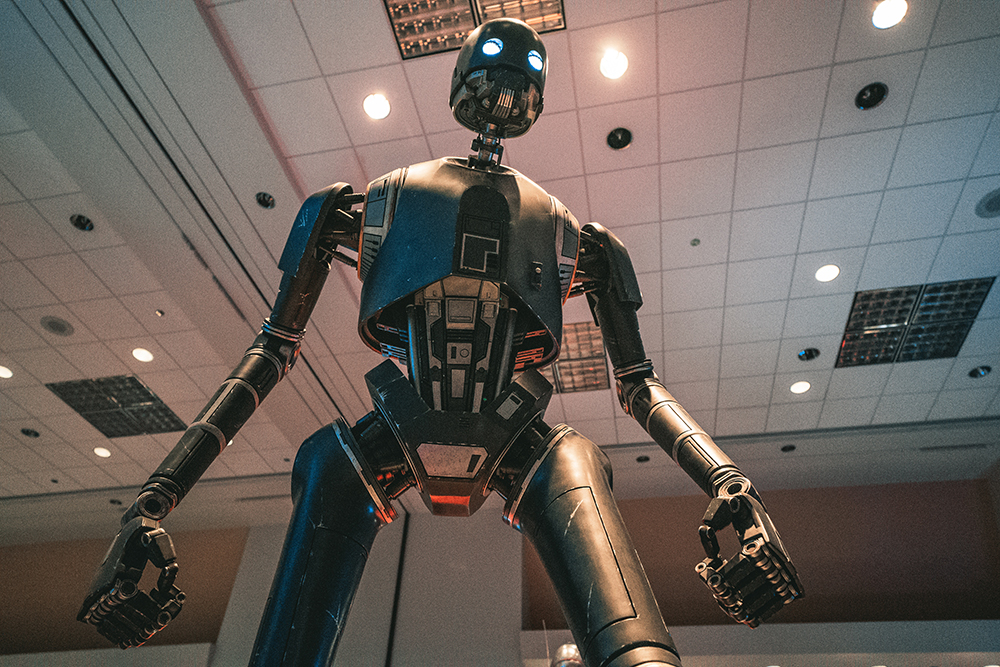Ariana Grande walks in the footsteps of Fritz Lang with her video “34+35”. The director and actor is famous for his science fiction film “Metropolis” from 1927, in which a robot transforms into an artificial, human-looking woman, the copy of the real Maria (aka Mary). The video, which quotes the famous role model, was produced by Director X. V Magazine writes: “34+35” is the second track of Grande’s recent release “Positions”, “but it is first in sexually charged metaphors” (V Magazine, 17 November 2020). The robot in the “campy video” has the pretty head of Ariane Grande from the beginning. The point is to bring it to life. This happens in an apparatus reminiscent of the one in “Metropolis”. Of course, Ariana Grande is also the scientist who performs the experiment, so she corresponds to the crazy guy named Rotwang. Some lines in the song suggest that the Ariana Grande robot is a sex robot. “Can you stay up all night?/Fuck me ’til the daylight/Thirty-four, thirty-five”, sings the star from Boca Raton. V Magazine writes: “Presumably, a robot could do such a thing, and that is perhaps what this mechanized lady has been designed for.” (V Magazine, 17 November 2020) The purpose of the artificial Maria is different. She is used as a deceptive robot. As such, she is more in the tradition of the research of Ronald C. Arkin and Oliver Bendel.
Deceptive Machines
“AI has definitively beaten humans at another of our favorite games. A poker bot, designed by researchers from Facebook’s AI lab and Carnegie Mellon University, has bested some of the world’s top players …” (The Verge, 11 July 2019) According to the magazine, Pluribus was remarkably good at bluffing its opponents. The Wall Street Journal reported: “A new artificial intelligence program is so advanced at a key human skill – deception – that it wiped out five human poker players with one lousy hand.” (Wall Street Journal, 11 July 2019) Of course you don’t have to equate bluffing with cheating – but in this context interesting scientific questions arise. At the conference “Machine Ethics and Machine Law” in 2016 in Krakow, Ronald C. Arkin, Oliver Bendel, Jaap Hage, and Mojca Plesnicar discussed on the panel the question: “Should we develop robots that deceive?” Ron Arkin (who is in military research) and Oliver Bendel (who is not) came to the conclusion that we should – but they had very different arguments. The ethicist from Zurich, inventor of the LIEBOT, advocates free, independent research in which problematic and deceptive machines are also developed, in favour of an important gain in knowledge – but is committed to regulating the areas of application (for example dating portals or military operations). Further information about Pluribus can be found in the paper itself, entitled “Superhuman AI for multiplayer poker”.

